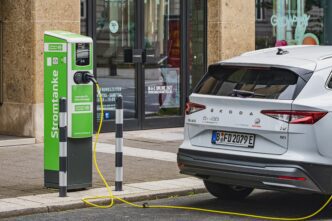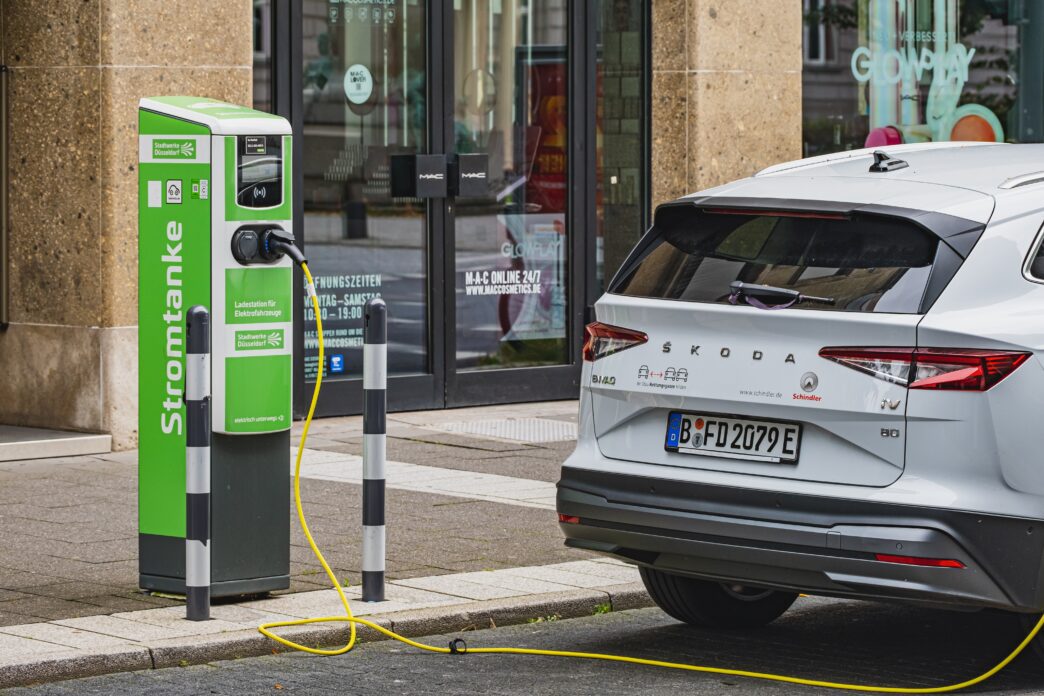Executive Summary
The Story So Far
Why This Matters
Who Thinks What?
The European Union’s ambitious 2035 ban on the sale of new gasoline and diesel cars is increasingly becoming a political lightning rod, galvanizing populist parties across the continent and compelling mainstream political forces to recalibrate their stance. This contentious policy, aimed at drastically cutting transport emissions, faces significant public skepticism and industry pressure, which right-wing movements are effectively leveraging in national and European elections.
Rising Political Opposition
Right-wing parties across Europe are actively campaigning against the EU’s legislation, which prohibits the sale of new combustion engine vehicles from 2035. This opposition is evident in countries like the Czech Republic, Italy, Germany, France, and Poland, where populist groups are gaining traction by denouncing the measure.
In the Czech Republic, the far-right Motorist for Themselves party, which denounced “green fanatics,” achieved a breakthrough in a recent national election. The populist ANO party subsequently formed a coalition with the Motorists and the far-right Freedom and Direct Democracy, signaling continued opposition to the 2035 measure from a country with a significant automotive industry.
Poland’s nationalist Law and Justice party, through MEP Piotr Müller, stated that “No one should be forced to change their car just because that’s what Brussels has decided.” Similarly, the fast-rising far-right Confederation party has used slogans like “Stop the climate fanatics!” and argues against an “anti-car frenzy that has taken hold of Eurocrats.”
Italian Deputy Prime Minister Matteo Salvini, leader of the League, has characterized the 2035 measure as “ideological fundamentalism” and “economic suicide.” He contends that it risks ceding Europe’s car industry to Chinese rivals, with the Italian government actively seeking opt-outs from the biofuels law.
Germany’s far-right Alternative for Germany party strongly opposes the 2035 ban. Even within Germany’s ruling coalition, the issue has created divisions, with the country’s large car sector being a critical factor.
EU’s Policy as a Populist “Pain Point”
The EU’s objective to cut greenhouse gas emissions from transport by 90 percent by 2050 necessitates a radical shift for the continent’s lucrative automotive industry. This transition, however, is proving unpopular with a public reluctant to embrace new technology, creating a “pain point” for the EU.
A survey of 15,000 people in Germany, France, and Poland revealed that the combustion engine ban was the most unpopular climate policy among consumers, despite broader support for climate action. Jannik Jansen, a senior policy fellow at the Jacques Delors Centre, noted that the far-right is capitalizing on this skepticism, “turning it into political gains or framing climate policies altogether as overly burdensome.”
The automotive sector faces multiple challenges, including tariffs from President Trump, competition from Chinese rivals, and a struggling post-pandemic market. Some parts of the industry, particularly those lagging in the transition to electric vehicles, advocate for weakening or overturning the EU’s 2035 ban.
Shifting Political Landscape in Brussels
This growing pushback is influencing the European Commission, which is reportedly shifting its priorities from climate leadership to strategic autonomy and regaining competitive edge. Mainstream parties, facing rising skepticism from voters, are also becoming more hesitant to support ambitious climate policies, according to Jansen.
Germany’s Christian Democrats, for instance, campaigned on overturning the 2035 ban in February’s federal election, a stance that resonated with voters. Their sister party, the European People’s Party, also secured the most seats in last year’s European Parliament elections.
France, once a staunch supporter of the 2035 law, has tempered its endorsement, now seeking assurances that the shift to battery-powered cars will not result in job losses. The French government stated in October that it “wishes to pursue the electrification of vehicles … as long as they are accompanied by very clear measures encouraging European preference that support industrial jobs in Europe.”
In Germany, the ruling coalition has seen internal disagreements, with the Social Democrats modifying their position to accept non-EV solutions like range extenders or plug-in hybrids, provided green steel or e-fuels offset emissions. However, Bavaria’s Christian Social Union, led by premier Markus Söder, remains steadfast, arguing the ban “endangers hundreds of thousands of jobs” and warns of an impending “collapse” of Germany’s car industry.
Jansen suggests that Söder’s stance aligns with his “opportunistic strategy of adopting far-right populist talking points and instrumentalizing ‘culture-war’ narratives.” Other countries, like Poland, are following Germany’s lead, with MEP Andrzej Halicki of Prime Minister Donald Tusk’s Civic Platform party remarking, “We’re happy that Germany is speaking with a Polish voice.”
Commission’s Response
The European Commission is responding to the political pressure, with President Ursula von der Leyen expected to propose reforms to the 2035 legislation by year-end. An EU official attributed the slower-than-anticipated transition to electric vehicles to the far-right’s efforts to discredit EVs among the middle class.








